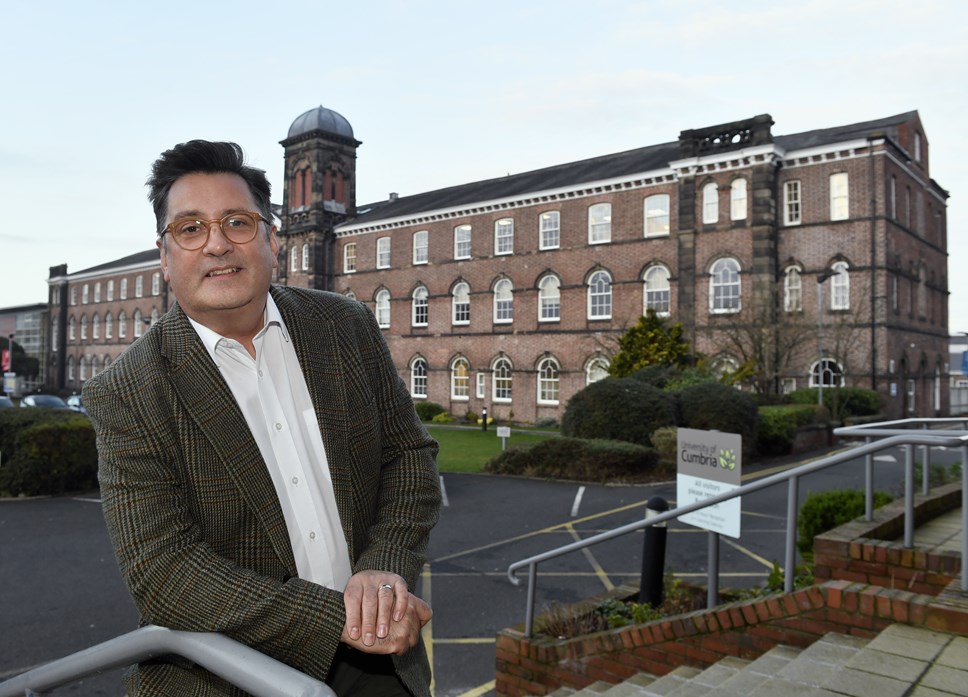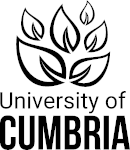
Public service provision is more important than ever and vital to our local communities
The Covid-19 crisis has thrown a spotlight on the work of essential key public services staff – particularly those in medicine, nursing, teaching, allied health professions, social work and policing. Such professions will be increasingly vital as the region begins to heal in the months ahead, and as the anchor institution for Cumbria, University of Cumbria plays a crucial role in training and supporting the key workers of tomorrow.
Its portfolio focus, and student and staff make-up enables the university to do this on a significant scale. From the NHS and wider health and social care sector, emergency services, education, and policing, the university is determined to continue to do all it can to provide immediate support to these sectors and to support their longer-term resilience and recovery.
In a proposal submitted yesterday (29 April) to the government by Universities UK (UUK) and Million Plus (The Association for Modern Universities), means-tested maintenance grants and plans to introduce a system of fee-loan forgiveness for students enrolling in public service subjects from September 2020 could be considered.
Professor Brian Webster-Henderson, Pro Vice Chancellor (Health) said: “Supporting the next generation of key workers in these unprecedented times is crucial.
“There is a clear need to strengthen and enhance public services by boosting education capacity and supporting the retention of key workers in hospitals, schools and local authorities.
“Incentivising students to apply to the relevant courses and for graduates to remain in role could be a creative and important way of achieving this.
“The government has already announced financial support for nursing students and some allied health professions students who start training in September 2020, and this was hugely welcomed by the sector.”
According to the paper submitted by UUK and Million Plus, in order to be eligible, every student could be obliged to commit to at least five years as a key worker in the relevant profession after graduation before accessing any loan forgiveness.
The proposal also suggests it may also be possible to apply this retrospectively to recent graduates, and to current students, particularly those in their final years who have become key workers earlier than expected during the Covid19 pandemic.
Professor Brian Webster-Henderson goes on to say: “We welcome the proposals outlined by UUK and Million Plus yesterday which now need serious consideration.
“Raising aspirations, widening participation and contributing to the social, cultural and economic well-being and prosperity of the region is why the University of Cumbria was established back in 2007. Now more than ever, this contribution is vital to the long-term sustainability of the region’s public services.
“Some of our current healthcare students are already poised to take up positions in the NHS in response to the coronavirus crisis and it is estimated that this could increase the NHS workforce in Cumbria and North Lancashire by an additional 352 student nurses.
“By securing national contracts with ambulance trusts to deliver high-level apprenticeships and delivering new degree-level routes into policing as part of the Police Education Consortium, we continue to play a vital role in the training of a wide range of key workers and demonstrate the significance of a University in Cumbria. Our relevance as a university to the local community and beyond has never been greater.”
ENDS
Pictured - Professor Brian Webster-Henderson, Pro Vice Chancellor (Health)
Picture credit - Newsquest Cumbria
